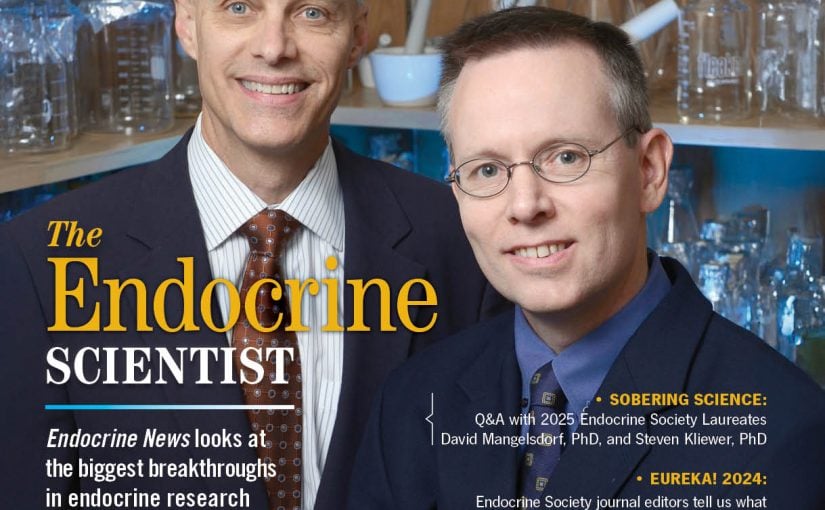Last week, Cities Changing Diabetes – Houston unveiled new research, showing three kinds of vulnerability to diabetes across communities and specified 14 social and cultural factors that reinforce them. The research, conducted by the University of Texas Health Science Center at Houston (UTHealth) School of Public Health and sponsored by Novo Nordisk, indicated that across vulnerable populations, the key social and cultural factors include the perception of change and transition (77.6%), the feeling of being financially constrained (44.8%), the adherence to nourishing traditions (42.4%), the use of cars for long commutes (41.6%) and the experience of time poverty (40%).
“By being able to understand the social and cultural factors behind it, we can develop targeted prevention methods,” says Stephen Linder, PhD, director of the Institute for Health Policy, UTHealth School of Public Health and lead researcher with Cities Changing Diabetes – Houston.
The research findings, which were presented as a town hall event, are based on extensive, prior data analyses and in-depth interviews with 125 Houston households. Cities Changing Diabetes is a global program of Novo Nordisk in which seven cities around the world are learning how to improve diabetes detection and care in their communities. Houston is the only American city participating.
“Traditional methods for promoting the prevention and detection of diabetes have gotten us far,” says Faith E. Foreman, DrPH, MPH, LVN, assistant director of the Houston Health Department, “but we can no longer solely rely on these to have an impact on this serious disease.”
During the event, the Cities Changing Diabetes – Houston also announced a challenge grant of $100,000 ($50,000 in funds and $50,000 in technical assistance and support) to jump start the virtual Houston Diabetes Resource Center (HDRC). HDRC will serve as a “one-stop shop” website for consumers, providers and employers and house important resources for diabetes prevention, detection and care. Gateway to Care will administer the funds; the grant is provided by Novo Nordisk.
“We owe it to our families, friends and neighbors to do all we can to help them avoid type 2 diabetes,” says the mayor of Houston, Sylvester Turner.

